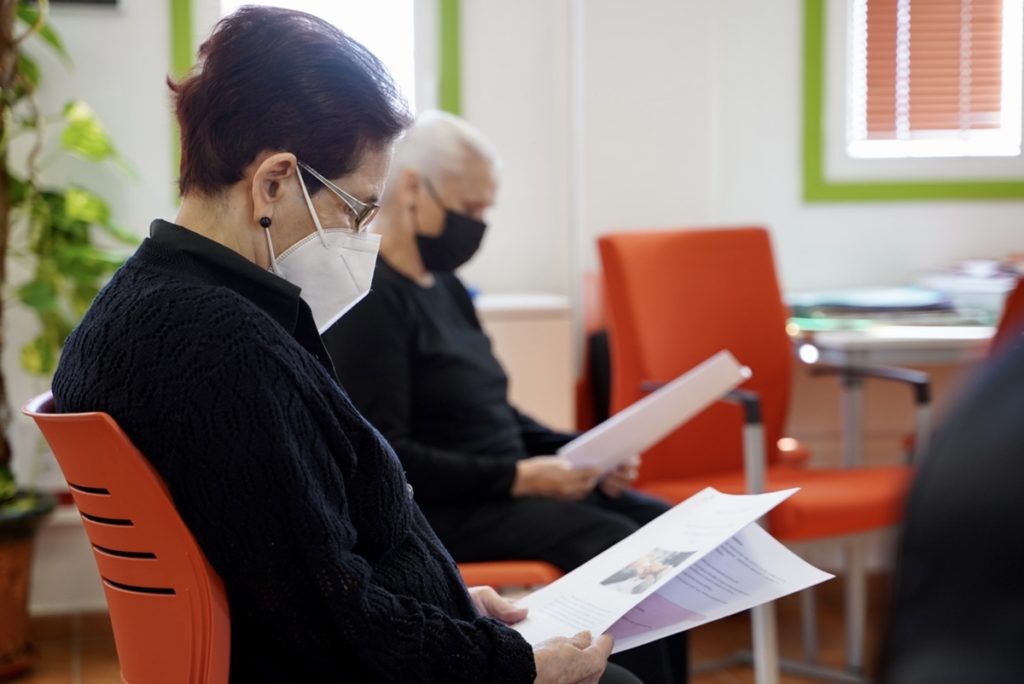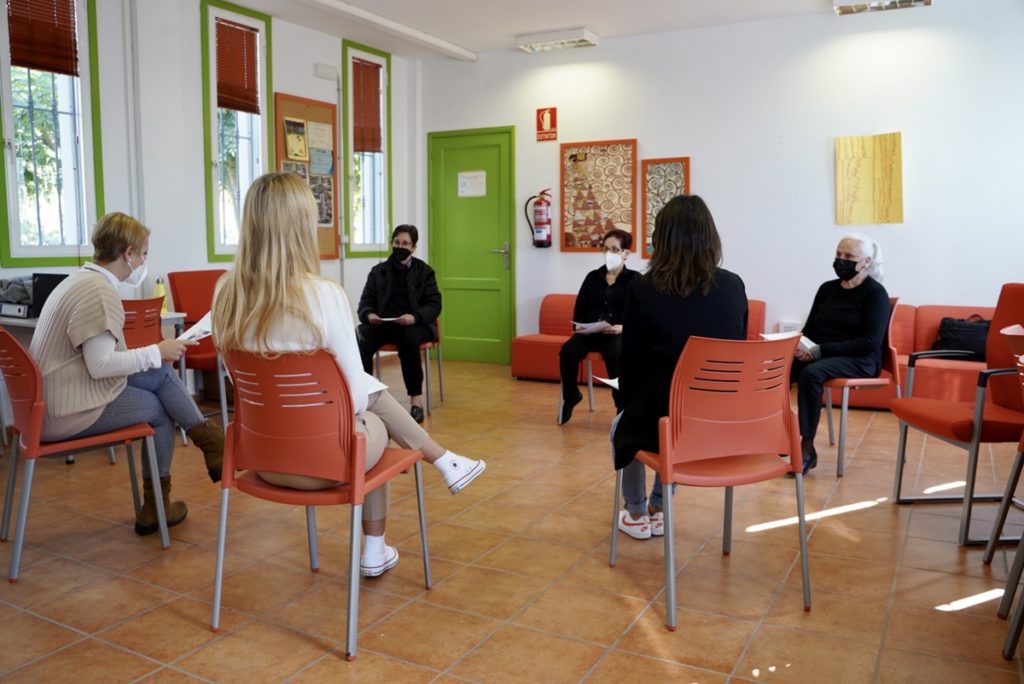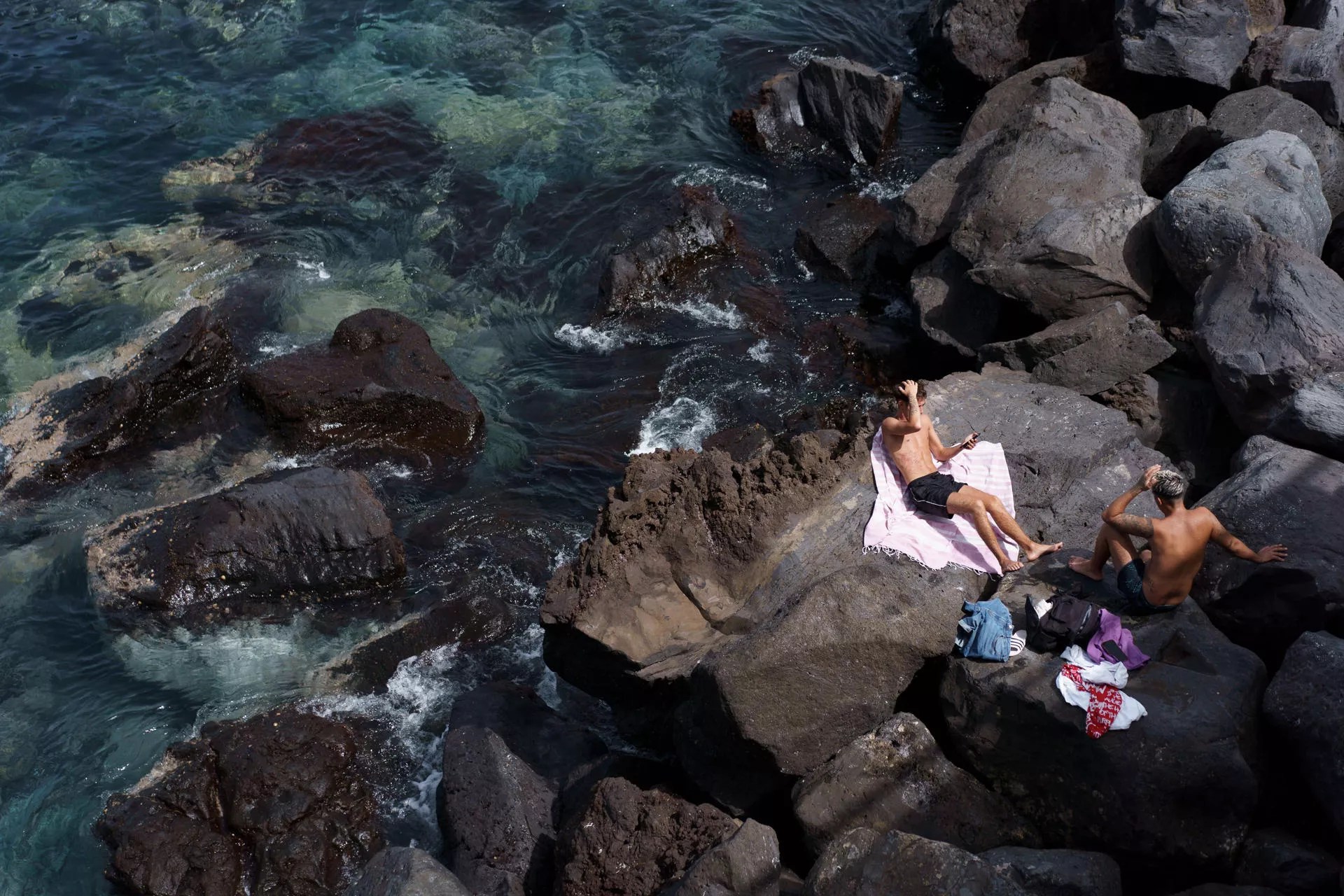
If there is a group that especially suffers from the physical and psychological effects of the restrictions by COVID-19, it is that of the elderly. The fear of contracting the disease, the incidence of deaths among family members and friends, the psychological burden of limiting their movements and the situation of loneliness that many of them live, makes them the most vulnerable segment of the population in the face of a pandemic that continues present in their lives after two years.
The City Council of Arona, a municipality in which 25% of its population is over 60 years of age, has launched a service that combines telephone sessions and group therapies, made up of three psychologists who attend to and monitor mental health of older people. This emotional support is already received by some thirty residents of the southern municipality, although the Aronero consistory intends to increase the number of users in the coming weeks.
It is a free activity that can be accessed through the Citizen Service phone number 010. Already during confinement, the City Council recalls, the Seniors area contacted the elderly to offer them support in the face of loneliness and attend to their emotional needs.

“Being older people, the most negative feelings easily surface, such as sadness or depression, which have worsened with the pandemic. We detected a lot of loneliness and helplessness, to which we must add health and economic problems”, Silvina, Alba and Raquel, the psychologists who offer their support to this group, told DIARIO DE AVISOS. The three agreed to highlight the “gratitude and affection” with which the users welcome the sessions, “because they are listened to, they spend time with other neighbors their age and they receive the information we give them about emotions. They are the most grateful people there are.”
But psychologists recognize that the path of learning is a two-way street. “They are people who preserve the wisdom of a lifetime and have overcome many obstacles, even if they forget them, and the pandemic is one more; They are stronger than they think.” In addition, they emphasize that “in therapies, which serve as relief for users, we also learn; for example, we believe that we have all the time and it is not so. Expressions like ‘the pandemic will pass’ do not fit them the same as us because they do not have as much time ahead of them: being locked up for a year is not the same for them as it is for us, and that aggravates the discomfort.
Social isolation
Nizamara Domínguez, coordinator of the Elderly area, warned about the “social isolation” of the elderly, aggravated by the loss of some relatives during the pandemic, but also underlined the gratitude they show by having professionals who listen to them by their side. , which leads him to state that the fruits of the experience are “immensely satisfying”.
The Councilor for the Elderly, Pura Martín, is confident that this service can be extended over time because, in her opinion, it will continue to be a necessity. After highlighting the benefits of the “space of understanding and the bond that is created between professionals and the elderly”, he pointed out another factor that has also come to light in therapies: “Many of them have been the financial support of their children and grandchildren, and they are very concerned and anxious about the future that awaits their relatives, more than their own.”
The mayor of Arona, José Julián Mena, described the care of the most vulnerable people as a “priority”, especially since the restrictions due to the pandemic were established, “starting with those who did not have resources and the elderly who were isolated”.
















